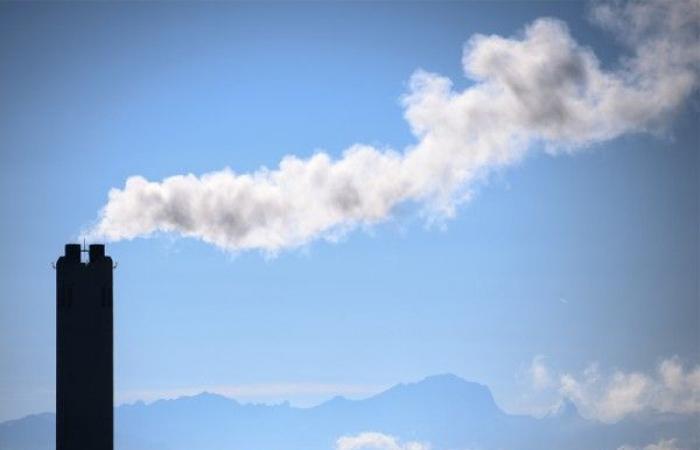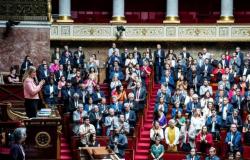The non-governmental organization, Public Eye, draws up an alarming assessment of the quality of the sustainability reports of Switzerland’s main commodity traders.
At a time when the Federal Council intends to tighten the publication requirements of companies in terms of environmental impact in particular, Public Eye draws up an alarming assessment of the quality of the sustainability reports of the country’s main commodity traders. The main stakeholders deny a fallacious approach.
The non-governmental organization deplores in particular insufficient or even non-existent consideration of indirect emissions linked to the trade of hydrocarbons or coal, upstream and downstream of the production chain. The quantities of emissions calculated by Public Eye diverge in proportions of +10% in the best case – Gunvor – to +120% in the worst case – Mercuria – compared to the emissions actually declared in the sustainability reports of the actors concerned, according to an NGO study.
The designated dunce informed Public Eye that the declaration of indirect emissions was “optional” in the methodology used for its own calculations. Questioned by the AWP agency, Glencore acknowledged that discrepancies could arise between its own calculations and those of third parties due to “divergences in the calculation methods and basic postulates used, as well as the scope of emissions monitored”.
Suissenégoce, which defends the interests of the sector, had already reacted on Sunday in the columns of the newspaper Sonntagsblick, considering that placing all the emissions linked to the combustion of their fuels solely on traders was “knowingly misleading”.
It remains that the practice in terms of emission census is set to become somewhat standardized. “The bill (on sustainability publication obligations) provides (…) that the reports must be submitted to an external review company or to a conformity assessment body,” warned at the end of June the Federal Council. Highlighting the importance of adapting Swiss law to developments observed in the European Union, the government nevertheless assured that it also wanted to take local specificities into consideration.
Business






